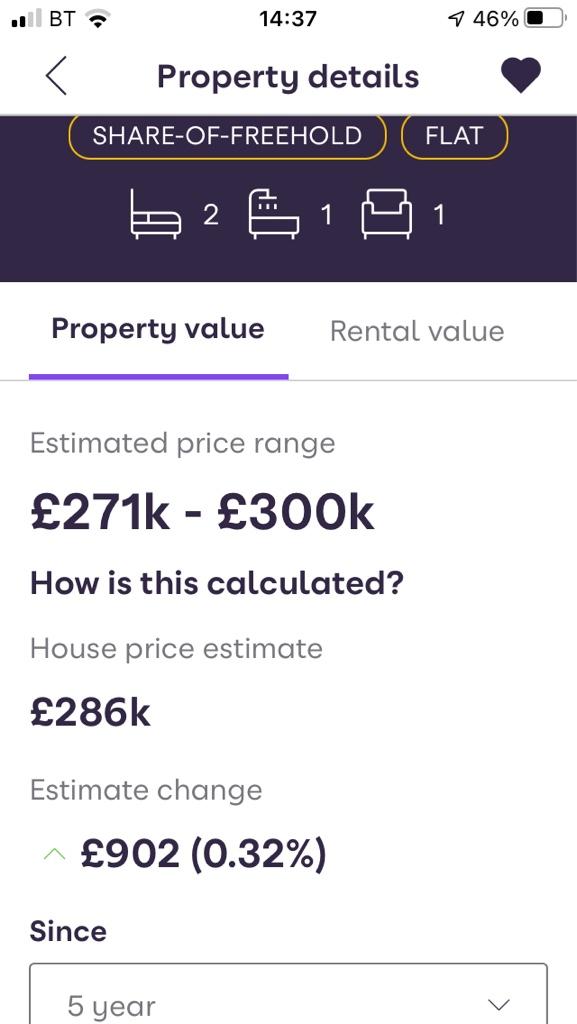Tom,
personally, having some experience of your situation and hindsight.
I would position myself financially to be able to act quickly if one of the five homes comes on the market. (When ever that may be)
be ready to act, dispose of the minimum amount of assets to achieve a small fixed rate / period mortgage for the new home, that can easily be paid down (at future fire sale prices: Bank Valuations, not market valuations) with the remaining assets, minimising risk of future unknowns.
As your aware, disposal of assets takes time and can be fraught with headaches due to the U.K. conveyance process.
Pay the Tax required to achieve your goal, hard as it may seem.
I did exactly what WG sister did, letter through the door.
I took about 14 months for the occupiers to come to the conclusion to sell.
we were on holiday, the kids were three and one year old, when my wife received the a call out of the blue Telling us they were ready to sell, did we want it and most importantly how quickly could we move !
Our move relied on us selling our existing home and re mortgage.
We kept our BTL rental property, but opted to fix the BTL mortgage for a period of time so to create surety should interest rates change.
The proceeds selling our current home introduced factors outside our control & a high level of stress.
We arranged the necessary financing with no issues at all, we marketed our home immediately.
long story short, despite accepting an offer, the sale took 6 months, despite us having funds in place, the purchase of the new home relied on the sale of our old home.
The owners of our prospective home grew increasingly impatient during the process, they appointed an estate agent after three months of accepting our offer (their asking price) needles to say, we nearly lost the house due to factors outside our control (others in our chain) and the need for the owners of our prospective to commit to their purchase / upper chain or lose their retirement home!
To top it all off the buyer of our home, dropped a short on our toes on exchange day, leaving a not inconsiderable short fall in our funds (On exchange day ! )
Needless to say we overcame all the issues and have long since forgotten the stress.
my advice :
Put a note through all the five doors, hope that someone wants to sell, be ready to act when the time comes.
when the time does come, do it in a way to minimise your stress and long term risk, without risking the loss of what you have built over over many many years of hard graft.
Plan for potential future grief when the inevitable future obstacles come into view. (they will when you least expect or need another problem).
increasing age means a tapered reduction in your future possibilities / time, to enable you to rebuild your assets / equity if things should go wrong.
your “future” risk assessment should take account of unforeseen events, and mitigate those risks where possible, including changes in financial circumstance, I’ll health, disability, loss of income, one in a life time events & most importantly what would happen if death of one or both of you or your wife.
define your acceptable risk vs goal / benefits (whether tangible or not). plan to achieve an acceptable balance of your future risk, (only you can decide what is an acceptable risk vs retention of existing assets)
good luck I don’t envy the process you’ll be going through.


















